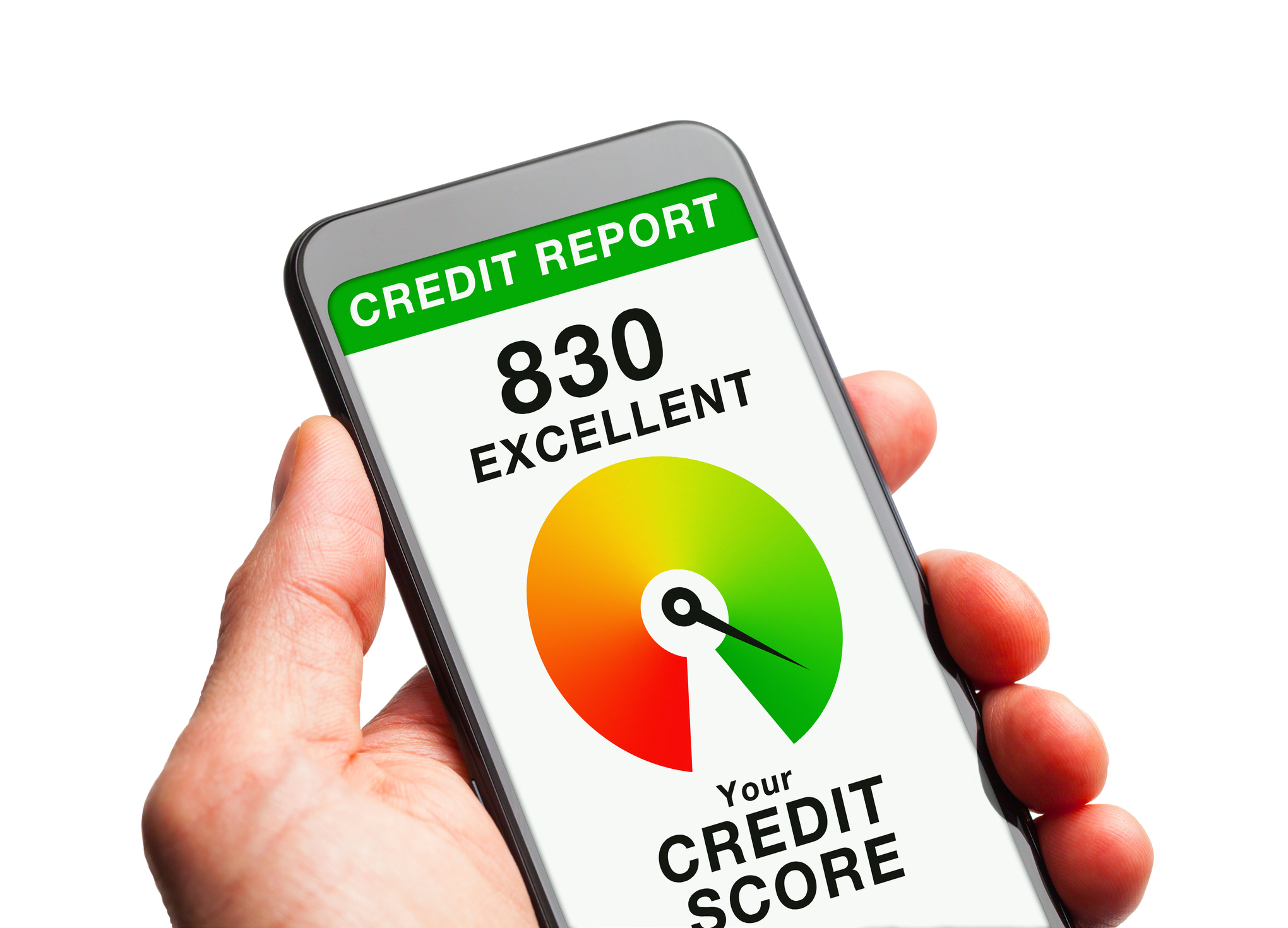A good credit score can help to decide the most vital money-related factors throughout your life. There is a wide range of scoring models, and sometimes it requires utilizing other data to calculate the credit scores.
A good credit score can help you make the most vital money-related decisions throughout your life. For example, regardless of whether you will have the capacity to make a lease on a vehicle, meet all requirements for a home loan or even get a new job.
However, considering that 71% of American families carry student loans, credit extensions, and mortgages, the stability in credit score ought to be a part of your current and tentative goals.
High, low, positive, negative – there is something else entirely to your scores then you may suspect. What’s more, contingent upon where your numbers fall, your loaning and credit choices will change. So what is a decent credit score? What about an extraordinary one? Let us encounter the numbers that are required to get a good credit score.

A credit score ranges between 300 to 850 numbers. It calculates by using the data present in your credit reports, including your installment history, the debt amount, and loan repayment length.
There is a wide range of scoring models, and sometimes it requires utilizing other data to calculate a credit score. Potential moneylenders and creditors use the credit scores, for example, vehicle dealers, banks, and credit card companies.
Credit score ratings from 580 to 669 are considered reasonable; 700 to 749 are considered significant, and 750 and up are considered excellent. The more significant number of credit scores shows your liable credit performance in the past, which may make potential investors and creditors assess demand for credit. For the most part, Lenders observe those with credit ratings 670 and up as worthy or generally safe borrowers.
People with this rating from 580 to 669 are viewed as “subprime borrowers,” which means they may think that it is harder to meet all requirements for better credit terms.

Those under 580 fall under the category of “poor”; therefore, they may experience credit issues or meet all requirements for better-advanced terms. Remember that everybody’s money related and credit circumstance differs, and there is no “magic number” to reach the extent that better advance rates and terms.
However, every lender has different criteria for granting credits, which may incorporate data like your payor’s different variables. That implies the financial assessments they acknowledge may differ depending upon that criteria.
Credit scores may contrast between the three central credit departments (Equifax, Experian, and TransUnion) as not all creditors and moneylenders are responsible for answering all three. Numerous creditors answer all three, but you may have a record with those creditors who only report to one, two, or no one. Furthermore, there are various scoring models accessible, and those credit-scoring models may contrast, but it solely depends upon the kind of credit and moneylenders’ inclination for specific criteria.

Factors that affect credit scores
Here are some attempted and genuine practices to keep the best practice of beginning and maintain the capable credit practices:
On-time bill payments:
Paying bills does not only incorporate credit cards – late or missed installments on different accounts, for example, PDAs, might be answerable to the credit departments, affecting your credit score. In case you are experiencing difficulty paying a bill, contact the bank quickly. Try not to skip installments and payments; even you are having disputes on paying bills. Pay off your obligations as fast as possible.
Check your credit reports routinely:
Demand a free duplicate of your credit report and check it to ensure your data is correct and there is no off-base or fragmented record data by asking for a duplicate from one at regular intervals.
You can likewise document a question with the credit department that prepared the report. Keep in mind: checking your credit report or financial assessment will not influence your credit scores. Applying for numerous credit accounts in a short period may affect your credit scores.
 About Complete Controller® – America’s Bookkeeping Experts Complete Controller is the Nation’s Leader in virtual bookkeeping, providing service to businesses and households alike. Utilizing Complete Controller’s technology, clients gain access to a cloud-hosted desktop where their entire team and tax accountant may access the QuickBooks™️ file, critical financial documents, and back-office tools in an efficient and secure environment. Complete Controller’s team of certified US-based accounting professionals provide bookkeeping, record storage, performance reporting, and controller services including training, cash-flow management, budgeting and forecasting, process and controls advisement, and bill-pay. With flat-rate service plans, Complete Controller is the most cost-effective expert accounting solution for business, family-office, trusts, and households of any size or complexity.
About Complete Controller® – America’s Bookkeeping Experts Complete Controller is the Nation’s Leader in virtual bookkeeping, providing service to businesses and households alike. Utilizing Complete Controller’s technology, clients gain access to a cloud-hosted desktop where their entire team and tax accountant may access the QuickBooks™️ file, critical financial documents, and back-office tools in an efficient and secure environment. Complete Controller’s team of certified US-based accounting professionals provide bookkeeping, record storage, performance reporting, and controller services including training, cash-flow management, budgeting and forecasting, process and controls advisement, and bill-pay. With flat-rate service plans, Complete Controller is the most cost-effective expert accounting solution for business, family-office, trusts, and households of any size or complexity.




